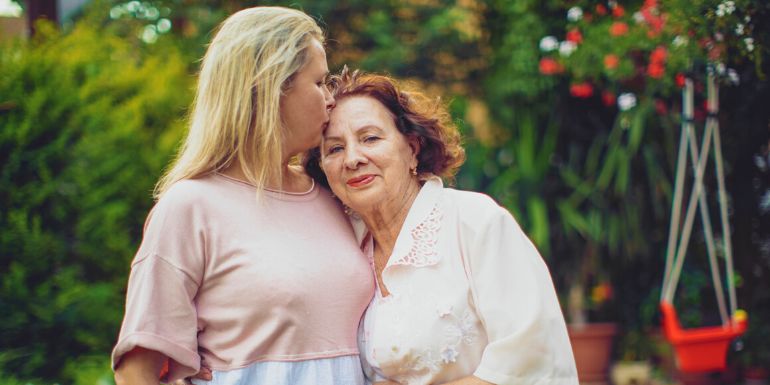Sophrology as a pillar on this national caregivers day

|
Adopting the hat of the role helper often represents a drastic change in a person’s life. The organization of the days is completely questioned. In effect, the caregiver must now adapt his daily life to that of his close, in order to be able to help him face his loss of autonomy. As in testifies Marie-Thérèse4who helps her husband with Alzheimer’s, an additional burden is indeed added. “I have to think about the organization of my husband’s daily life, to plan and anticipate everything we have to do”. Moreover, when the caregiver still working, it is all the more difficult to adapt and to reconcile his private life, his professional life5 and the one as that helping. This radical change of life, as well as the emotional upheaval that it can bring, then represent a heavy burden on the mental health of the caregivers. Indeed, the role helper is not easy and brings both physical and mental constraints. See your loved one lose autonomy and depending on someone is often difficult to bear emotionally. |
often alone, the caregiver may also feel totally helpless in the face of the workload that this entails and the lack of information in their possession. “Once the diagnosis is made, the caregiver usually feels lonely and short of information to support the patient close assistance »says Frédérique Decherf, director of the Agirc-Arrco social action, which tries to support the caregivers in their daily life. This daytime national is therefore all the more important in order to provide information on possible solutions to support caregivers in these difficult times. Among these solutions, the sophrology offers many support tools to relieve the weight of this role that is sometimes too heavy to bear.
